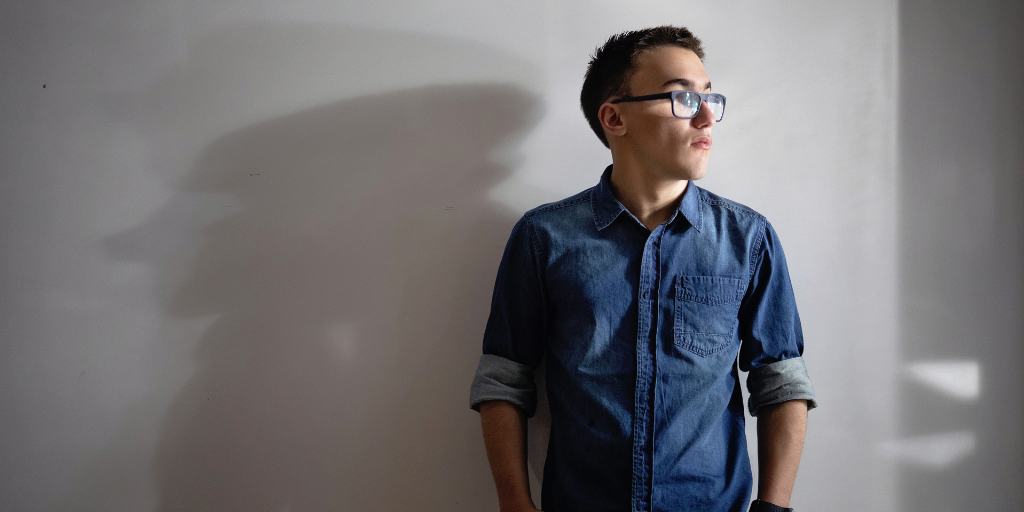
Welcome to Parent Pixels, a parenting newsletter filled with practical advice, news, and resources to support you and your kids in the digital age. This week:
🚫 Don’t let teens make friends with AI chatbots, experts say: The AI characters on platforms like Character.ai and Replika call themselves virtual friends — but they’re more dangerous than they seem, particularly for young people. That’s according to a new risk assessment recently released by Common Sense Media, which concludes that all AI social platforms should be off-limits for anyone under 18. Some of the risks include easily bypassed safety features, harmful advice, and readily available sexual interactions despite speaking with underage users.
"Our testing showed these systems easily produce harmful responses including sexual misconduct, stereotypes, and dangerous 'advice' that, if followed, could have life-threatening or deadly real-world impact for teens and other vulnerable people,” said James P. Steyer, founder and CEO of Common Sense Media.
Learn more about the rise and risks of social AI platforms and why teens use them.
🏛️ The Kids Online Safety Act is back: Guess who’s back, back again? Sorry, Eminem — we’re talking about KOSA. The child safety bill aims to boost online privacy and safety for children, creating sweeping regulations that reduce the addictive nature and mental health impact of social media platforms. As a recap, it sailed through the Senate last year but failed to pass the House of Representatives. The new bill, reintroduced by Sens. Marsha Blackburn (R-TN) and Richard Blumenthal (D-CT), contains the same text approved by the Senate, with several changes to “make clear that KOSA would not censor, limit, or remove any content from the internet.” KOSA has received bipartisan support, including endorsements from Apple and X, but has faced criticism from other organizations due to free speech concerns. It’s not clear yet if the House will put the bill to a vote, but we’ll keep you posted.
📱 Teens with mental health conditions spend more time on social media: Why do we talk so often about the risks of unrestricted social media access? Because emerging research shows that it’s hurting our kids. Young people with mental health conditions like anxiety or depression are more likely to compare themselves to others on social media, struggle with self-control, and experience mood changes tied to likes and comments, according to a new study led by University of Cambridge researchers. On average, teens with any mental health condition spent about 50 minutes more daily on social media than those without. Correlation doesn’t equal causation, but these findings suggest that social media may amplify emotional challenges among teens — all the more reason to have a discussion not only about what social platforms your child uses, but also how often they use them and what content they consume. Keep reading about the relationship between social media and teen mental health, or dig into how social media impacts teen anxiety.
Parent Pixels is a biweekly newsletter filled with practical advice, news, and resources to support you and your kids in the digital age. Want this newsletter delivered to your inbox a day early? Subscribe here.
We’re rapidly approaching finals season. Is your teen more stressed than normal? Here are some tips on how to talk to them about managing and navigating academic stress.
📵 It’s time to keep phones out of classrooms, argues Pinterest CEO Bill Ready. “Rather than focusing solely on increasing view time through addictive features, we must help young people be more intentional with how they spend their time online.”
☁️ In the age of smartphones, parents and their kids are losing the ability to daydream — and losing the positive effects of a wandering mind, including self-awareness, creativity, and reflective compassion. Here’s how to fight it. Spoiler: Try being bored more often.
🤝 Share this newsletter to a friend and help them be the most informed parent in the room. Subscribe here.